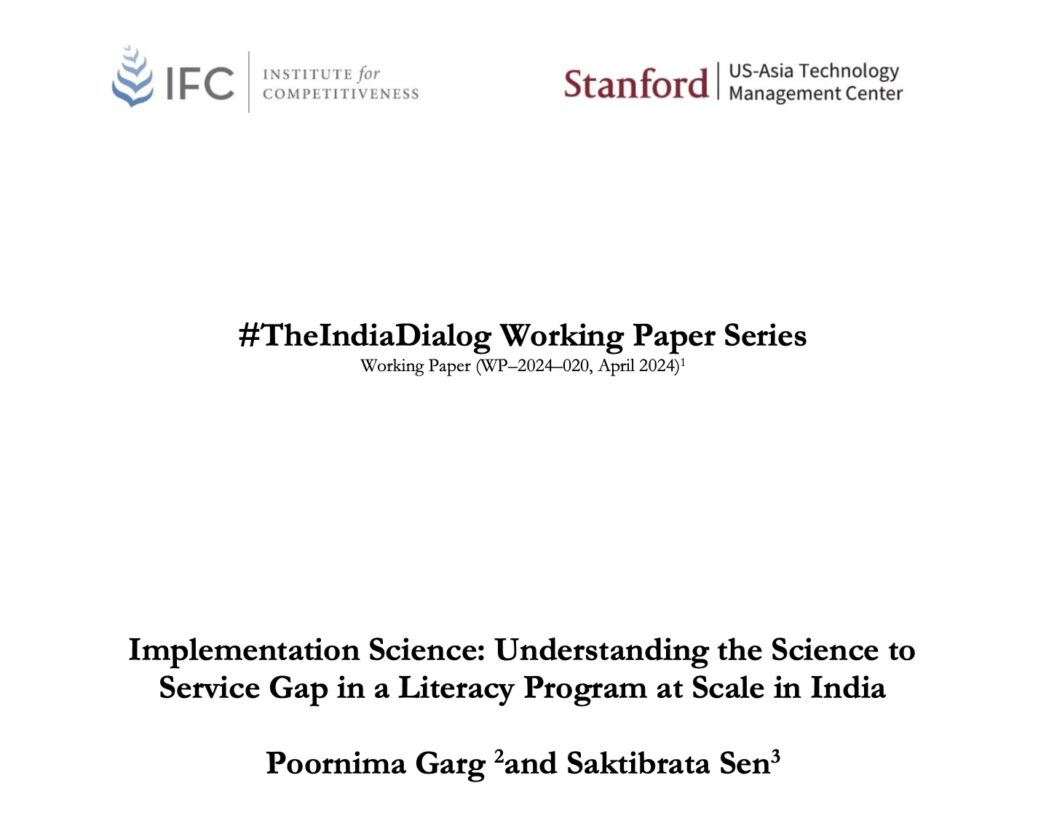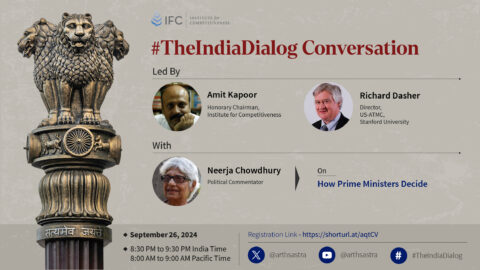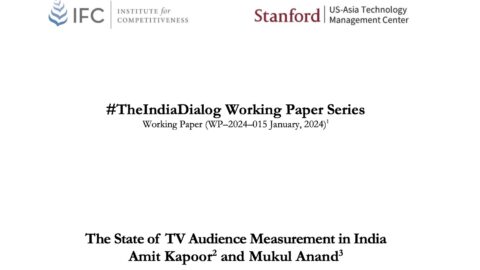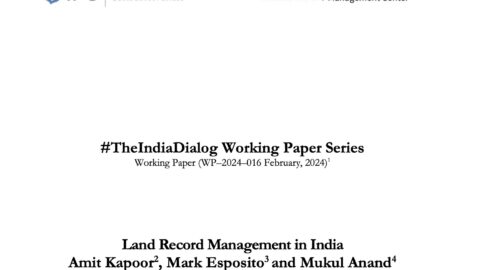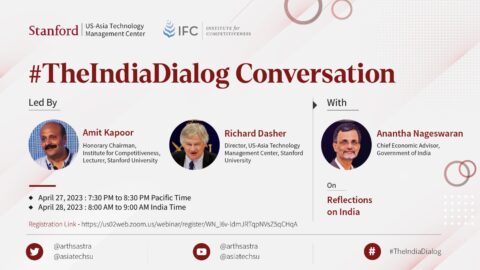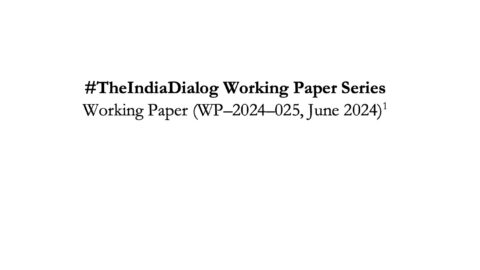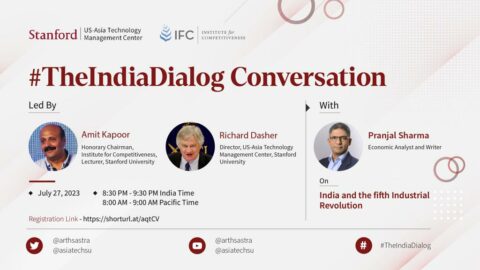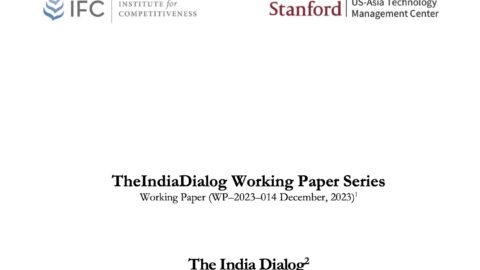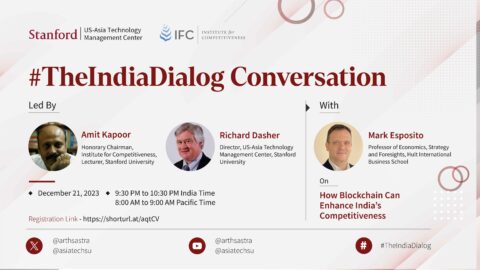By Poornima Garg and Saktibrata Sen
The purpose of this paper is to thoroughly examine the practical implementation of literacy program in public educational settings on a large scale. We aim to provide an in-depth analysis of the different perspectives that surround literacy, considering it as both a scientific process, and a socially constructed phenomenon that is influenced by various factors such as culture, language, and socio-economic status. Additionally, with-in the literacy program, this paper will explore the creation of the ‘Science of Reading’ and how it can be applied in a country like India, which is characterized by rich cultural, social, and linguistic diversity.
This paper also delves into the concept of implementation science and its practical application in the context of large-scale literacy programs. It draws insights from the experiences and best practices of different states, to shed light on the key factors that contribute to the successful implementation of such programs. Through this exploratory analysis, we seek to provide a comprehensive understanding of the challenges and opportunities that emerge in executing literacy programs at a large scale.
The complete paper can be read here.

